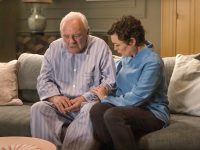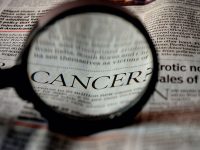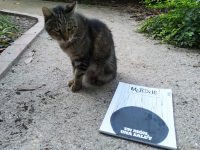
Photo: Generalitat Valenciana
Good medical practice is always linked to scientific evidence. In line with this axiom, the public health administration, as the responsible party and guarantor of the right to health, is required to combat practices that violate this inalienable principle. Our framework offers guarantees, as demonstrated by experience, so pseudosciences have no place in it. Not only because of their ineffectiveness but also – and more importantly – because they are a risk factor. This is clearly expressed in a recent and devastating report on homeopathy by the Spanish Royal Academy of Pharmacy, which alerts us to this danger. The academic text literally states that «they can create false expectations, replace treatments with proven efficacy, delay medical consultation […] with serious consequences for the patient and a negative social and economic impact on the public health system».
That is why in July the government of the region of Valencia became the first to ask the national government to withdraw the status of medicine to homeopathic products. In addition, within its competencies, it also provided training to public health centres to ensure the exclusion of pseudotherapies. This implies that the advertising, promotion, presence, or development of any activity not recognised as health care is not authorised. This is not the time for declarations of intent, but for the firm and courageous decisions required to preserve people’s health under the protection of science. That is to say, we need to resort without exception to classical methodology, based on experimentation, testing, reproducibility of results, falsifiability, and hypothesis formulation.
A recent Yale University study recently translated the results of using «alternative» drugs into numbers and percentages. The oncologist Skyler Johnson and his team compared the cases of 281 cancer patients who opted for pseudotreatments with 560 who resorted to chemotherapy, radiation therapy, or surgery. The result is so telling that it hardly deserves any comment. For example, the risk of death for women with breast cancer treated with pseudosciences increased by 470 %. In the case of colorectal tumours, the increase was 360 %, and for lung tumours, 150 %. The data are overwhelming enough to remove these therapies from the health system urgently.
«When health is at stake, there is no room for half-heartedness»
The Argentine philosopher Mario Bunge, one of the most combative thinkers against these practices, warns in one of his essays that «pseudoscience and antiscience are not rubbish that can be recycled into something useful; they are intellectual viruses that can attack anybody, layman or scientist, to the point of sickening an entire culture and turning it against scientific research». In anticipation of this – and despite the fact that its discredit is increasing, as evidenced, for example, by the removal of master’s degrees in homeopathy from the universities of Valencia and Barcelona – the governments’ involvement must be maximum and constant.
Above all, as I said at the beginning, we have to be courageous. A modern and secular state where rationality prevails must be incompatible with practices that are nourished by the hopelessness of human beings and their superstitions. When health is at stake, there is no room for half-heartedness. The region of Valencia has understood this. We can only hope that it will set an example.





